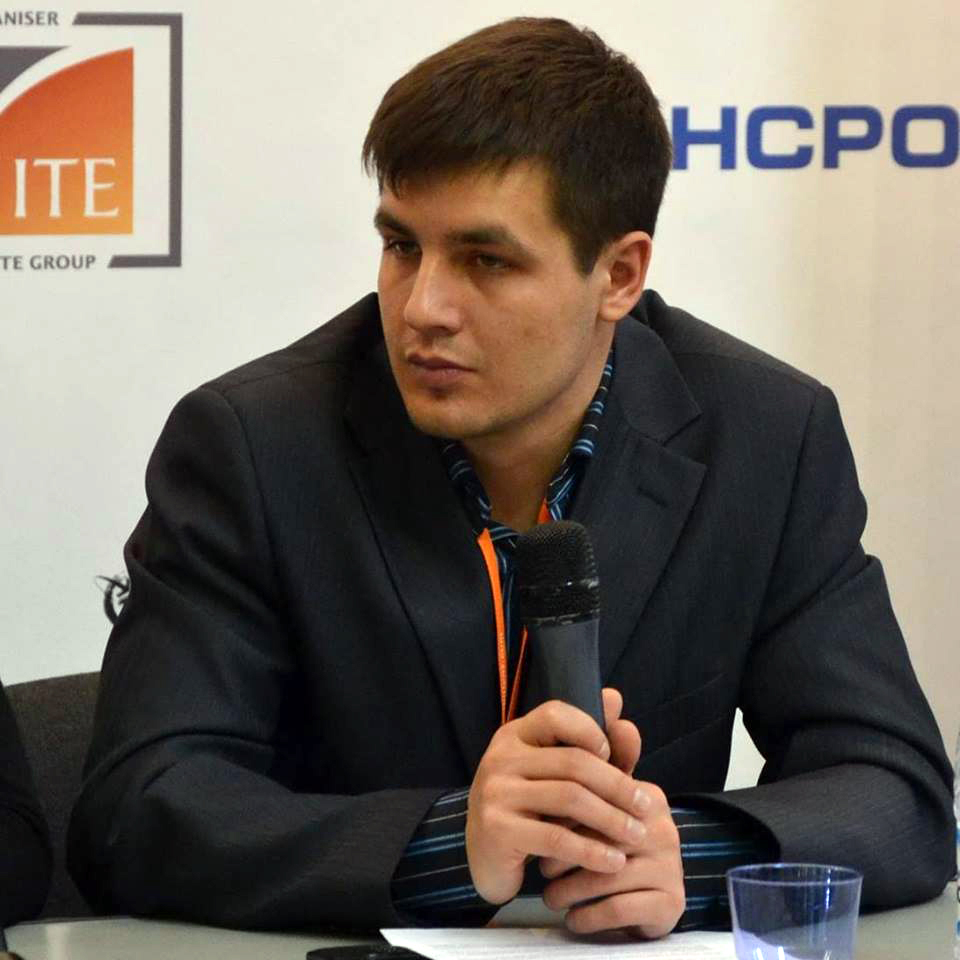Russian Salmon, a Russian aquaculture company, faces local opposition from the village of Linhammar, on the shores of the Barents Sea, over its plans to build a factory to produce fishmeal and fish fat.
Russian Salmon announced its plans to launch the production facility, with an output of six metric tons (MT) of fishmeal and fat from salmon daily. The projected output suggests that a few tons of biowaste will also be generated daily.
The factory project is not new to the local population or regional authorities. It was initiated in 2011, and at first received no public resistance. In 2013, the company even started construction.
But in 2015, Russian Salmon suffered a large salmon die-off, resulting in the company declaring bankruptcy. But the company managed to stay afloat after a change of owners and changing its form of incorporation.
In late February 2020, the company announced it would restart its effort to build its processing plant in Linhammar and held a mandatory public hearing in the village of Nikel, the nearby center of the Murmansk district, roughly an hour away from Linhammar,. The project was presented by Dmitriy Patenko, head of the Kola Corporation of Surveyors and Designers, the lead contractor in the factory’s design. Patenko said the plant would meet high environmental standards, cause no discomfort for residents, and bring economic benefits to the community.
Local residents, however, were not satisfied with the presentation, demanding better answers from the company on issues including potential odors from the biowaste and the damage to roads potentially caused by trucks deployed during construction.
“The production facilities will be just 700 meters from residence buildings. It’s very close. We don’t want the odor and noise from it,” Tatyana Lonzhuk, director of the local school, told Arctic-TV.
The company's reputation also led to questions from those at the hearing. A deputy of the Murmansk region’s parliament, Igor Naydenov, who attended the hearing, said the company had lost credibility in the community after the 2015 shutdown.
“When people, who have once violated environmental legislation, want to build here again, it raises concerns,” he said, according to Kn51.ru.
A vote taking place at the public meeting came out 56-40 in favor of the project, but Arctic-TV claimed many of those participating were not residents of Linhammar, but employees of the Russian Salmon or other people brought in by the company to secure the positive outcome.
Soe locals said they are not going to surrender in their fight against the project.
“We will contact the Ministry of Natural Resources of the Murmansk region and other regional and federal government bodies to get them aware of our concerns,” Lonzhuk said.
Photo courtesy of Wikimedia







